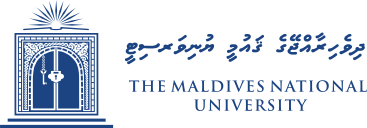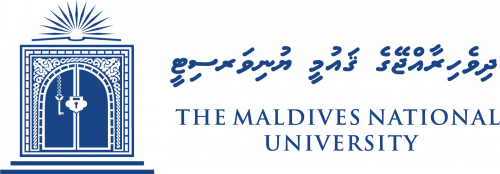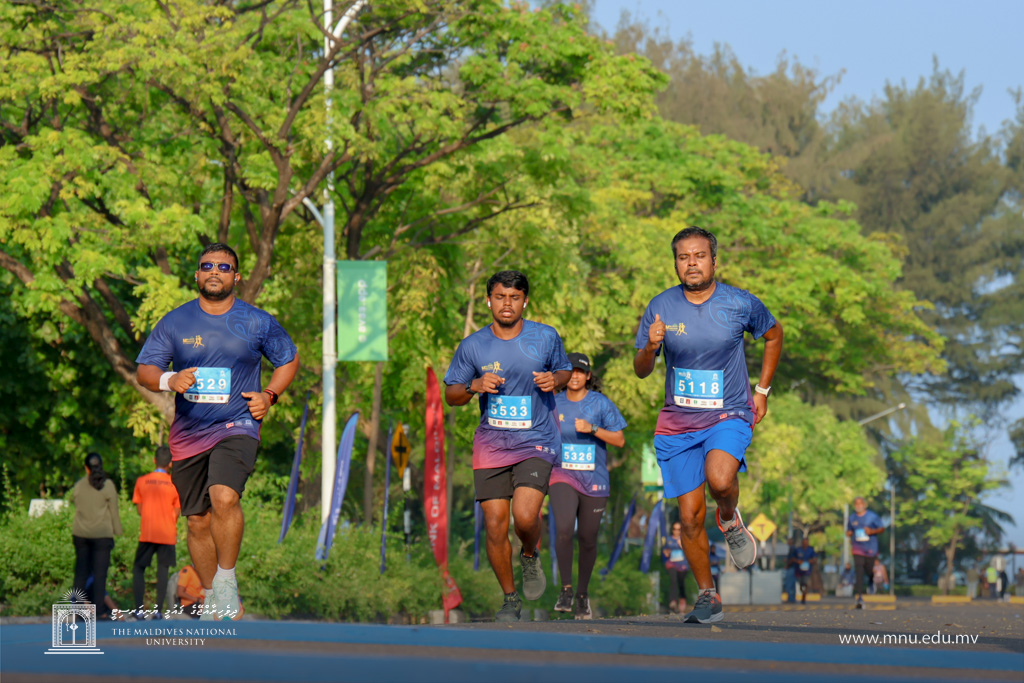By Aminath Zifna
Blended learning approaches uses multiple methods to deliver learning, combining face to face interactions with online activities. It has taken on several means, such as combining modes of web-based technology, pedagogical approaches, instructional technologies and actual job tasks (Hrastinski, 2019). Blended learning use computer mediated instructional strategy that leverages technology and focuses on the student- teacher relationship to enhance independence, engagement and achievement. Castro (2019) have explained blended learning as a fine-tuned combination of onsite and online instructions that creates powerful learning experiences and it requires a wide range of instructional tools and methods and enables that instructor to deploy more tailor-made tactics for each specific learning objective.
Contemporary studies indicate that in order to effectively utilize these technologies, instructors and learners alike must master a range of cognitive and socio‐emotional competencies, commonly termed “digital literacy competencies” or “21st century skills” (Varod, Alkalai & Geri, 2019). Communication skills, critical thinking skills, creative thinking skills and collaborative learning skills are very important for a blended learner. In fact, many recent studies have shown successful learners have higher practice of using these skills in their learning process.
In a blended learning learner will be interacting with the instructor and other learners through learning management system and other virtual platforms. In order to have successful interaction and engagement the learner should have effective and clear communication skills. For example, if the learner wants to request an extension for a weekly assigned work the learner should have the skills of clearly writing a message or email to the instructor. If wrongly communicated the request not be granted and the learner may have to face further difficulties in completing the assigned work on time. Likewise, in a situation where the learner has poor communication skills he/she may read the post written in a forum and do the opposite of what is required by the instructor.
A blended learner with critical thinking skills is similarly important to be successful learner. The capacity to judge and come to a conclusion based on interrogation of facts is expected from the learner in many situations. For instance, online discussions require the learner to read and post a reply to other learner’s post, this can be done after analyzing the posts and replying with one own reconstructed thought. This skill also is required when gathering information to write an assignment.
Correspondingly creative thinking skill of the ability to explore and investigate new knowledge and apply the knowledge to a different context is very important for a successful blended learning. In scenarios where the learner is assigned to solve a problem by searching information from various sources if the learner doesn’t have adequate creative thinking skills the learner will find it hard to complete the assigned work.
Blended learning is designed where the learner has to do a lot of collaborative team work. The ability to work effectively with others on a common task; taking actions which respect the needs and contributions of others; contributing to and accepting the consensus; negotiating a win-win solution to achieve the objectives of the team. For example, a collaborative wiki will demand the learners to contribute ideas, get feedback from others, support other others and leave a comment of other learners’ ideas.
Besides these four skills other skills such as time management, task management and self-regulated learning skills are equally important. Blended learner who know how plan, organized, divide the time needed for the study are more likely to complete the learning tasks on time with chances of scoring higher. Further studies have showed that a learner who manages time and task are more likely to be less stressed out and more focused on achieving the set targets. In addition, a learner who knows his/herself, own up the failures, regulate the negative emotions which leads to academic procrastination in short who know how self-regulate are more successful learners than those who don’t have these skills.
REFERENCES
Biwer, F., oude Egbrink, M. G., Aalten, P., & de Bruin, A. B. (2020). Fostering Effective Learning Strategies in Higher Education—A Mixed-Methods Study. Journal of Applied Research in Memory and Cognition.
Castro, R. (2019). Blended learning in higher education: Trends and capabilities. Education and Information Technologies, 24(4), 2523-2546.
Cramer, K. M., Ross, C., Plant, L., & Pschibul, R. (2018). Efficacy of Learning Modules to Enhance Study Skills.
Cochran, C., & Brown, S. (2016). Andragogy and the adult learner. In Supporting the success of adult and online students. CreateSpace.
Dziuban, C., Graham, C. R., Moskal, P. D., Norberg, A., & Sicilia, N. (2018). Blended learning:the new normal and emerging technologies. International Journal of Educational Technology in Higher Education, 15(1), 3.
Galustyan, O. V., Borovikova, Y. V., Polivaeva, N. P., Bakhtiyor, K. R., & Zhirkova, G. P. (2019). E-learning within the field of andragogy. International Journal of Emerging Technologies in Learning (iJET), 14(09), 148-156.
Gay, G. H., & Betts, K. (2020). From Discussion Forums to eMeetings: Integrating High Touch Strategies to Increase Student Engagement, Academic Performance, and Retention in Large Online Courses. Online Learning, 24(1), 92-117.
Geisinger, K. F. (2016). 21st century skills: What are they and how do we assess them?. Applied Measurement in Education, 29(4), 245-249.
Healey, D. (2019). For Students, Online Success Requires New Strategies and Habits. Practitioner to Practitioner, 10(3), 5-7.
Hrastinski, S. (2019). What do we mean by blended learning?. TechTrends, 63(5), 564-569.
Jacobson-Lundeberg, V. (2016). Pedagogical Implementation of 21st Century Skills. Educational Leadership and Administration: Teaching and Program Development, 27, 82-100.
Laisema, S. (2018). Development of Collaborative Blended Learning Activity on Mobile Learning to Enhance Undergraduate Students’ Collaboration Skills. Veridian E-Journal, Silpakorn University (Humanities, Social Sciences and Arts), 11(4), 682-699.
Liepins, A. S., & Hanson, C. (2020). STRATEGIES FOR ACADEMIC SUCCESS: AN EARLY INTERVENTION APPROACH FOR BUILDING METACOGNITIVE SKILLS IN FIRST-YEAR UNDERGRADUATE STUDENTS. Proceedings of the Canadian Engineering Education Association (CEEA).
Owen, W. S., Barichello, M., & Prier, A. (2018). The Development of GENE 101–A ‘Strategies and Skills for Academic Success’ Course for First Year Engineering Students at Waterloo. Proceedings of the Canadian Engineering Education Association (CEEA).
Silber‐Varod, V., Eshet‐Alkalai, Y., & Geri, N. (2019). Tracing research trends of 21st‐century learning skills. British Journal of Educational Technology, 50(6), 3099-3118.
Tang, C. M., & Chaw, L. Y. (2016). Digital Literacy: A Prerequisite for Effective Learning in a Blended Learning Environment?. Electronic Journal of E-learning, 14(1), 54-65.
Van Laar, E., Van Deursen, A. J., Van Dijk, J. A., & De Haan, J. (2017). The relation between 21st-century skills and digital skills: A systematic literature review. Computers in human behavior, 72, 577-588.



